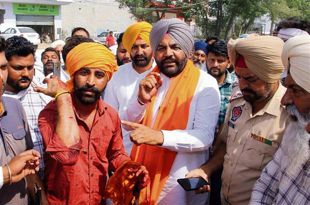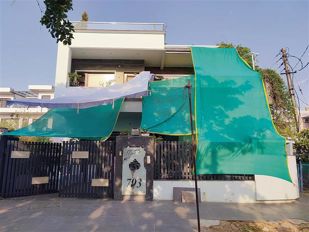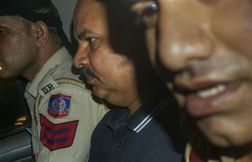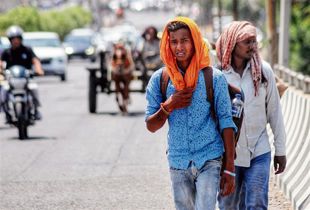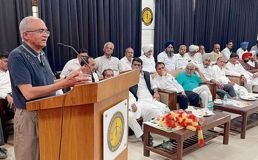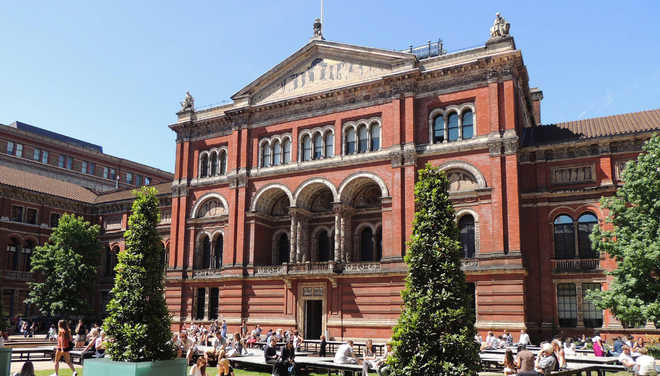
Photo for representational purpose only. - File photo
Mahabir S Jaglan
DURING a recent trip to London, my visits to the Natural History Museum and the British Museum gave me an insight into the connection between two legendary thinkers, Charles Darwin and Karl Marx. At the history museum, I saw a life-sized statue of a man sitting on a pedestal — it was Darwin, who wrote one of the most celebrated scientific treatises, On the Origin of Species, in 1859. The impact of this book was not confined to natural sciences; it also influenced the methodology and themes of studies in social sciences.
The relevance of Darwin’s work to scientific social thinkers was brought to the notice of Marx by his friend, Friedrich Engels, who was one of the earliest readers of this book. Engels told Marx that Darwin’s thesis on evolution represented a radical break from the dominant idea of that period that the universe, including the human world, was the creation of a supernatural power. It exploded the teleological myth that Homo sapiens and various species of organisms were the creations of the Almighty. After going through Darwin’s work, Marx called it ‘epoch-making’.
During a walk around London, I noticed a poster of the ‘Karl Marx Walking Tour’; instantly, I asked my son to buy its tickets. We joined this tour at Piccadilly Circus and traversed through Soho and adjoining areas of the city to witness the places and buildings associated with the life and works of Marx. The tour guide, Heiko Khoo, told us about the hardships of Marx’s life and the political events associated with him, such as the 1848 revolution and the dramatic and bloody events of the 1871 Paris Commune. Our troupe of about 35 persons was taken to Red Line Pub in Soho, where German exiles formed a communist association, and Marx and Engels lectured and wrote the path-breaking work The Communist Manifesto in 1848 at the behest of the Communist League. Marx lived in different houses in Soho and areas around it between 1849 and 1883; four of his seven children died in London, including three in infancy, primarily due to poor living conditions.
At 28, Dean Street, Soho, a blue plaque installed by the Greater London Council on a building reads, ‘Karl Marx lived here 1851-56’. The final destination of our walking tour was the British Museum, which I had visited two days previously and taken a special interest in the sections on the history and culture of India and China. We were led to the reading room, in particular to the desk where Marx penned one of the most celebrated, inspiring and impactful books of human history, Das Kapital. Marx, who was born on May 5, 1818, continues to be regarded as a colossus of social, political and economic thought.
Join Whatsapp Channel of The Tribune for latest updates.





















